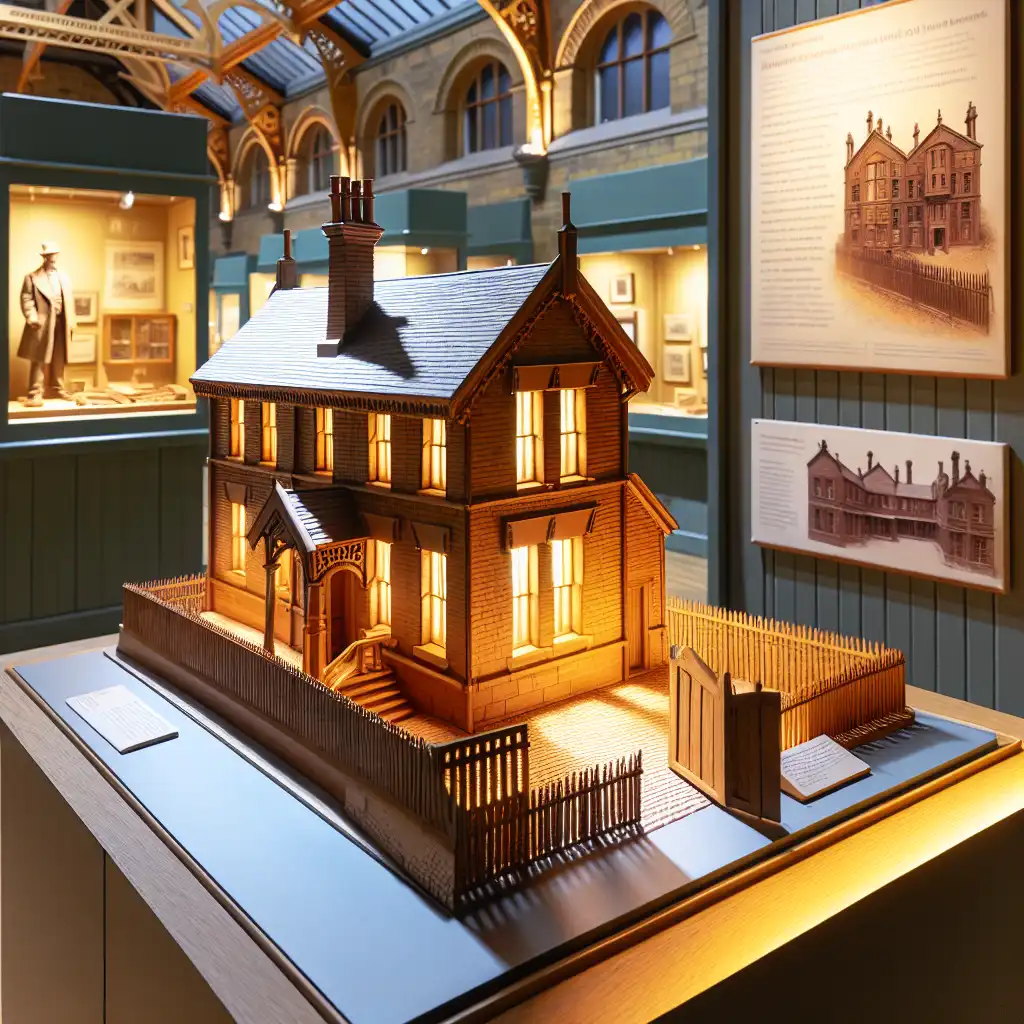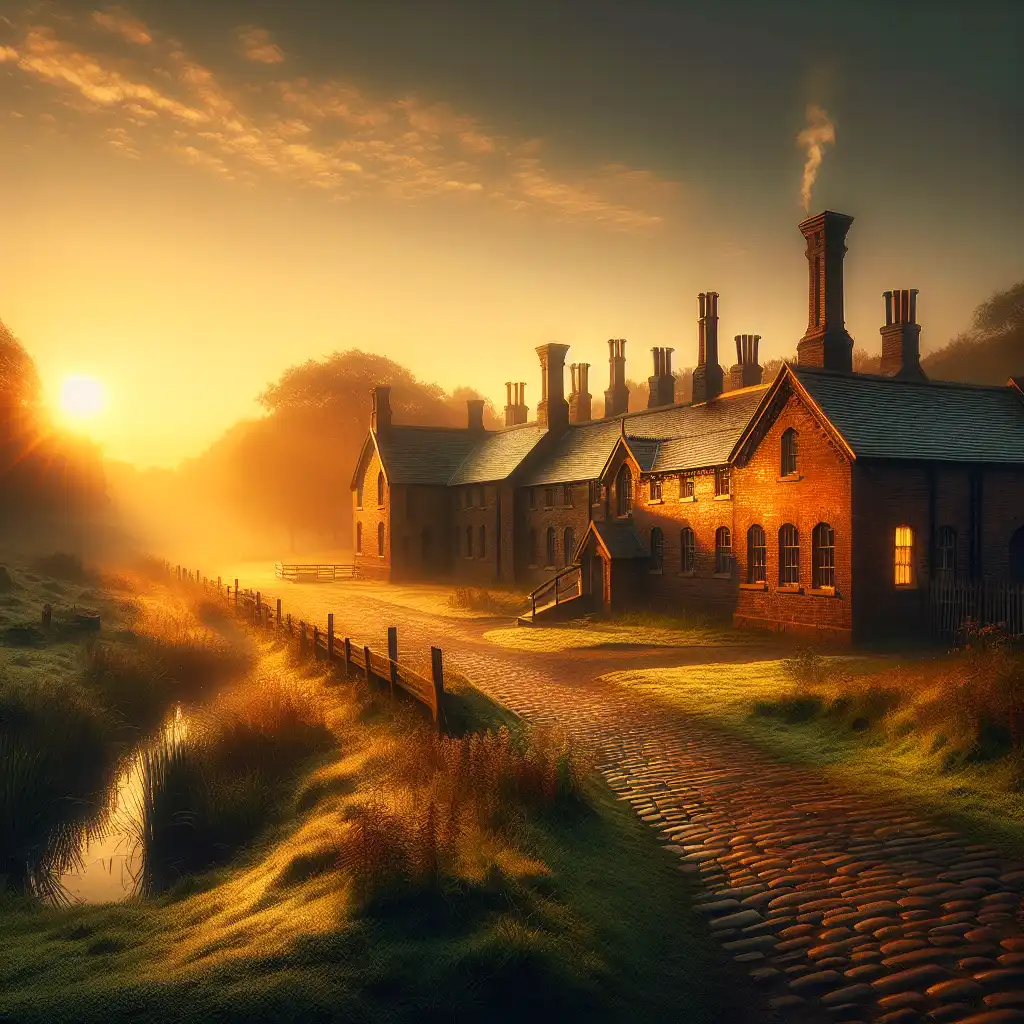
Workhouse
Historical Context
Understanding 'workhouse' requires knowledge of old social systems, it's not in modern use.  The local museum exhibited a workhouse replica from the Victorian era.
The local museum exhibited a workhouse replica from the Victorian era.
Negative Connotations
'Workhouse' implies a place of suffering and harsh conditions in historical contexts.  His great-grandfather's life in the workhouse was brutal and dehumanizing.
His great-grandfather's life in the workhouse was brutal and dehumanizing.
Literature Reference
Charles Dickens' 'Oliver Twist' portrays workhouse life, helping understand its cultural significance.  In Dickensian literature, the workhouse is an emblem of the era's social injustice.
In Dickensian literature, the workhouse is an emblem of the era's social injustice.